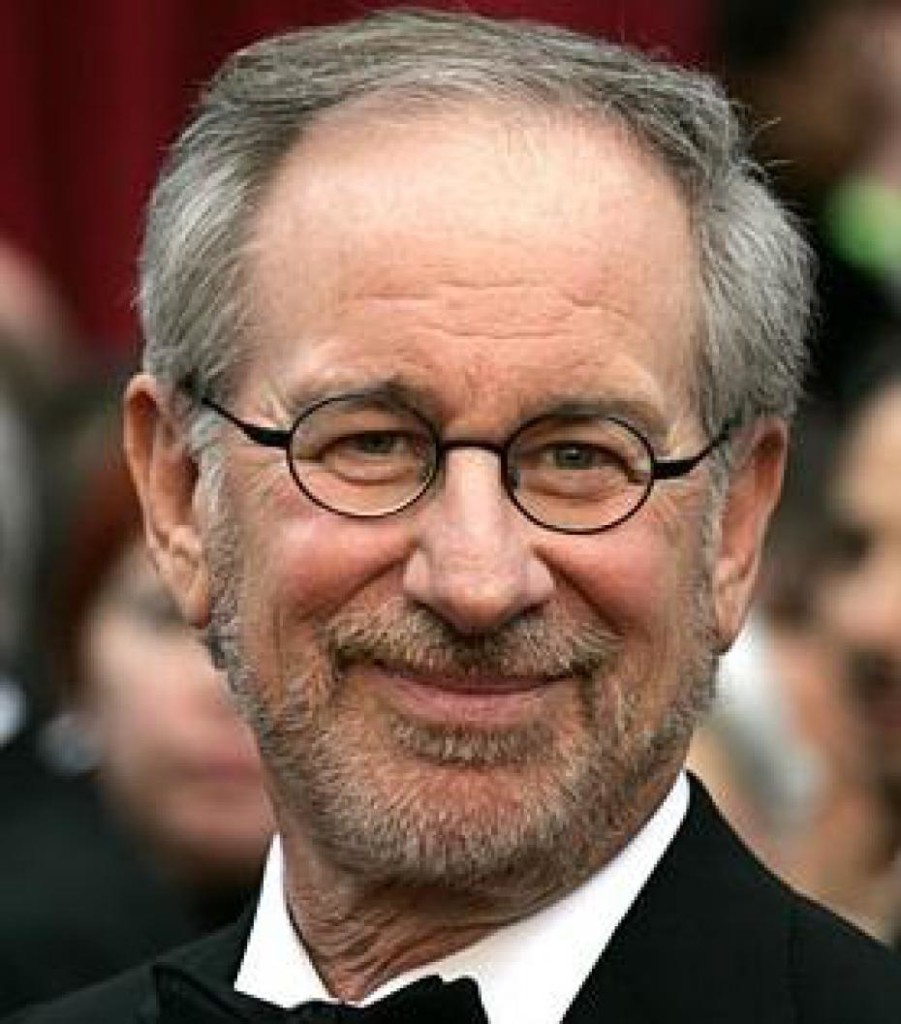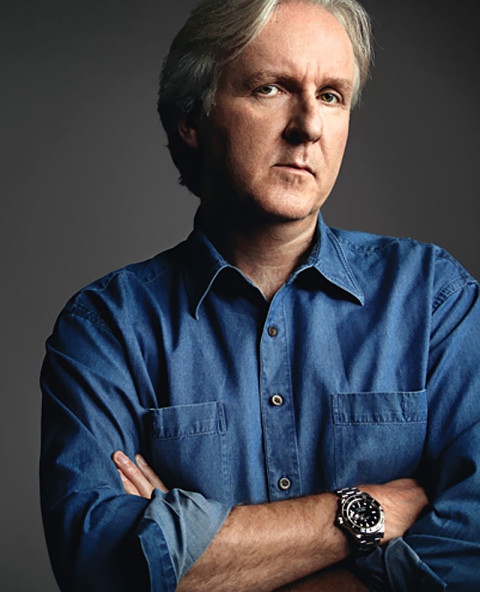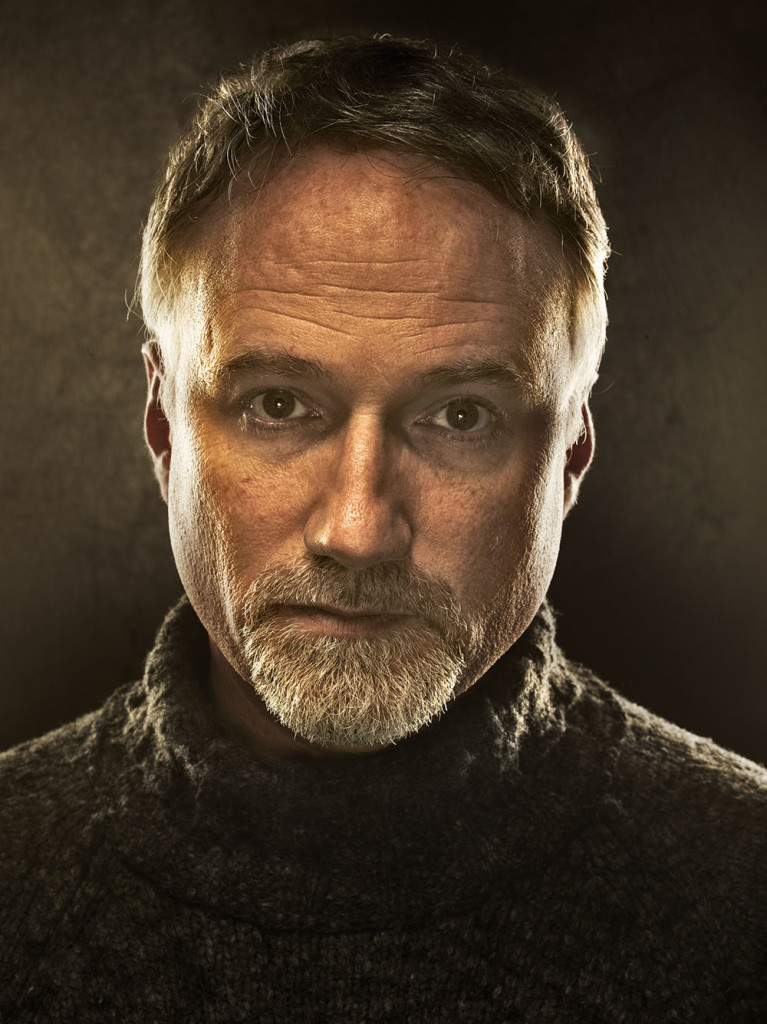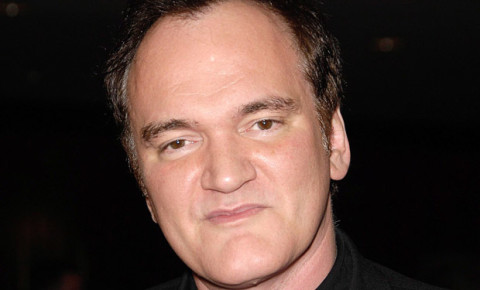One of the HARDEST things to do in Hollywood is be consistently good. There are so many factors working against making a good movie that very few people in the business are able to do it consistently. It’s why the writer-director of The Sixth Sense can also make The Happening. It’s why the director of American Beauty can also make Jarhead. It’s why the writer-director of the great Jerry Maguire can also give us… Aloha??
Think about all the things that can go wrong. The budget can be slashed in half at the last second. An actor can show up on set and demand a page 1 rewrite of his part. The director can drop out the day before the movie starts. The financing can come in suddenly, forcing you to start your movie before the script is ready. Your romantic leads who had great chemistry in rehearsals, can sleep together and, all of a sudden, the spark is gone. When you think about all of the things that are out of your control in filmmaking, it’s amazing that any good movies get made at all.
Which is why the people who do it consistently deserve attention. There’s a reason why these filmmakers are so obsessively coveted by the studios. Because they’re the only ones you can actually count on. So today, I’m going to give you five of the most consistently successful people in the business, and detail what they’re doing right that you can learn from. Let’s begin with the king of them all… Mr. Spielberg!
STEVEN SPIELBERG
Movies: Raiders of the Lost Ark, Jurassic Park, E.T., the upcoming Ready Player One
Spielberg is the best in the business at recognizing the big idea. But here’s the reason he’s so consistently successful with those big ideas while his imposters consistently fail. Spielberg adds a childlike sense of wonder to his stories, a simplicity of observation that makes them immensely accessible to both kids and adults. You see this even when he doesn’t have a child in the lead role. Spielberg still asks the question, “What kind of cool stuff would a child want to see here?” This formula for success shouldn’t be a surprise. It’s the same formula Pixar uses. Childlike wonder done with a level of sophistication. It’s such a simple approach, you wonder why others can’t replicate it. The reason is that everyone who tries to add that childlike sense of wonder goes too far into juvenile territory (fart jokes, “stepping in doo-doo” jokes – a big reason why The Phantom Menace failed). That turns off the majority of adult audiences, slashing the potential box office in half. The recent “Teenage Mutant Ninja Turtles” is a good example of this approach in action. The childlike sense of wonder is replaced with a juvenile sense of pandering. It’s impossible for an adult to enjoy that movie, leaving the film successful, but a far cry from “Spielberg successful.”
JAMES CAMERON
Movies: Titanic, Aliens, The Terminator, The Abyss, Avatar
Whereas Spielberg appeals to the child in all of us, Cameron appeals to the teenager in all of us. He ramps up the Spielberg “big idea” approach and adds a new ingredient: “attitude.” As much as I love Spielberg, he’ll never direct an action sequence as cool as the LA aquaduct chase in Terminator 2. Speaking of that scene, Cameron is one of the few directors who thrives on pushing the envelope. If you watch most Hollywood movies, it’s directors copying whatever the latest big movie did (remember how many movies did “bullet time” after The Matrix?). Cameron asks himself, “What can I do that’s never been done before?” Just by asking that question, you open your story up to amazing possibilities. A lesser known key to Cameron’s success is his “on-the-nose” approach. Cameron is not afraid to spell it out for audiences (Sarah Conner’s drawn out voice-overs detailing our inevitable demise as a species in Terminator 2, for instance). But while this may annoy frequent cinephiles bored with conventional film, the casual moviegoers who need a little more clarity in their cinematic cereal love it. Here’s the interesting thing though. Film snobs hate every other on-the-nose filmmaker outside of Cameron. How does he manage to escape their wrath? Because there’s no other filmmaker more obsessed with detail than Cameron. The guy fucking spent years inventing alien plant life for his fake world in Avatar. Geeks LOVE that shit. Because details matter. Consider the hack who recently took over the latest Terminator movie. In that film, a key scene from the first movie is recreated. Except the director decided to CHANGE one of the character’s hairstyles (he had a blue Mohawk in the original – not in the new one)!!! It’s this casual attitude towards details that leads to so many forgettable films.
DAVID FINCHER
Movies: The Game, The Social Network, Fight Club, Benjamin Button, Gone Girl
Just like Cameron, Fincher is OBSESSED with details. Except whereas Cameron is obsessed with his worlds and his props and his gadgets, Fincher is obsessed with everything in the frame, from the lighting to the set decoration to the camera angle to the positioning of the actors to the placement of that whiskey bottle on the back mantle that nobody in the audience is ever going to notice. When you watch a David Fincher movie, you’re watching a film from a man who CARES. And that’s not always the case with movies. In addition to this, Fincher has an amazing ability to identify dark populist material. He is, in many ways, the R-Rated Spielberg. One thing that’s separated Fincher as of late is his interest in structurally challenging stories. From Fight Club to Zodiac to Benjamin Button to Gone Girl, these are movies that don’t have that safe straight-forward Act 1, Act 2, Act 3 setup. While I believe you need to learn to tell simple stories first (which is exactly what Fincher did, with movies like Panic Room and The Game), once you have that understanding of traditional structure down, scaring yourself and taking on non-traditional narratives is a great way to stand out.
QUENTIN TARANTINO
Movies: Pulp Fiction, Inglorious Basterds, Django Unchained
Tarantino is probably the hardest screenwriter/director to learn from because his style and voice are so unique, if you try to do what he does, you end up looking like a not-as-good version of Quentin Tarantino. With that said, there are a couple of things we can take away from the man. More than any other writer in the business, Tarantino creates strong fascinating memorable characters. Almost every one of his characters is unique in some way, is larger-than-life in some way, and is fun to watch on the screen. In so many scripts I read, writers put little effort into creating characters that stand out. I get the feeling whenever Tarantino sits down to write a character, he asks himself, “How can I make this character memorable?” And he goes from there. A lot of people assume the key to Tarantino’s success is his dialogue. But that’s not true. The reason his dialogue is so good is because he makes his characters so interesting in the first place. If you write interesting characters, they’re going to say interesting things. Which means the dialogue writes itself. This is also why Tarantino can stay in scenes for so long. It’s because of the work he did long before those scenes were written (creating unique interesting characters). So if you want to be like Tarantino, don’t try and write “cool,” or “weird” stuff. Ask yourself for each one of your main characters: “How can I make this character interesting and memorable?” Do this and everything else will fall into place.
CHRISTOPHER NOLAN
Movies: Memento, Inception, The Dark Knight, Interstellar
Nolan doesn’t yet have the pedigree that the rest of the entrants on this list have, but he’s done all right for himself. And there’s one thing Nolan does better than anyone I’ve mentioned so far. He’s not afraid to make you think. Nolan sees the theater as an opportunity to not just entertain an audience, but to challenge them. And unlike a lot of other filmmakers – like David Lynch, like Darren Aronofsky – who likewise enjoy challenging audiences, Nolan is the only one who likes to do so in big high-concept packages. The formula almost seems too obvious. Big ideas that make you think. Why didn’t I think of that? Another thing that Nolan does well is he takes a realistic approach to all of his big ideas. He’s like the anti-Michael Bay in that sense. Whereas other blockbusters (Independence Day, 2012) feel hokey in their approach to physics and logic, leaving the story feeling schlocky and cartoonish, this “realism above all else” approach gives Nolan’s films an additional layer of depth. As crazy as some of the ideas are (dream heists?) you get the feeling that if they were introduced into the real world? This is how they would go down.
My big takeaway from these five titans? Come up with a big concept. Treat it with a childlike sense of wonder or realistic plausibility, whichever you think will work better for your particular idea. Challenge yourself to create larger-than-life memorable characters. Push yourself into narrative areas that make you a little afraid. And above all, pay attention to the details. Now go write that million dollar spec!






